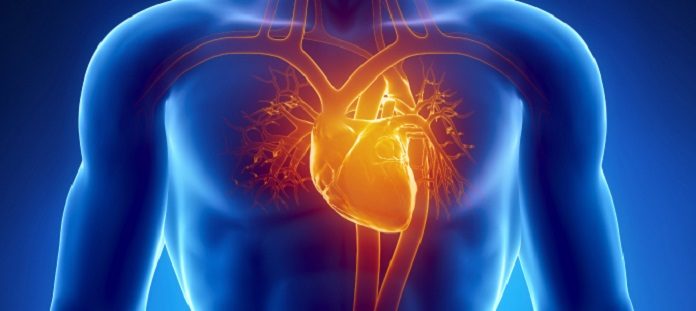Various investigations have established that cocaine use expands blood pressure and the hardening of arteries in its users, yet now new research by the American Heart Association has helped pinpoint exactly how that really occurs on a molecular level.
The disclosure opens up potential strategies for battling a portion of the physical harm cocaine causes on a client’s cardiovascular system. It might likewise give trust in discovering approaches to avert comparative obliteration regularly found in the aging bodies of non-medicate clients.
During the study period, three groups of mice received daily injections of cocaine, a cocaine equivalent that does not enter the brain but still directly impacts other organs as well as the cardiovascular system, or saline for 10 days. Blood pressure increased in the mice shot with cocaine and the cocaine equivalent.
These two groups likewise observed an expansion in aortic stiffness– a hardening of arteries normally connected with aging and firmly connected with high blood pressure. Scientists also found that the cocaine introduction expanded the generation of oxygen-inferred free radicals, which are typically insecure atoms that, at lower levels, can enable the body to kill destructive life forms like infections or microscopic organisms.
High levels of free-radical production can contribute to illness, aging and, among cocaine-injected mice in the study, damage to the body’s heart and blood vessel system.
Cardiac physiologist Steven Houser, director of Temple University’s Cardiovascular Research Center said, “What this study does is it actually fills in some of the details that tell us, at a molecular level, how repeated use of cocaine causes various adverse effects.”
“We knew that cocaine can increase blood pressure, and we knew that cocaine can cause aortic stiffening. What we didn’t know was exactly how it did all that, and this study gives us some insight into what happens in the middle, between cocaine abuse and aortic stiffness.”
The study noted that the previous findings of cocaine-induced health problems have been well documented. Cocaine utilize prompts higher circulatory strain, stiffer supply routes and different issues, running from an unpredictable heart mood to heart assaults and strokes.
Scientists noted, “discovery of this novel cocaine … pathway provides a potential new therapeutic avenue for treatment of cocaine abuse-related (cardiovascular) disease.”
Dr. Chunming Dong, the lead author of the study said, “Currently, there is no specific medical treatment for cocaine abuse mainly because we do not understand the mechanism causing the damage to the body. Our research defines a pathway that was not really known before, so now we have another tool in our box to counteract the effects of cocaine.”
The findings open up potential therapies to reduce or even block cocaine-induced damage on the body. But scientists also might be able to apply those treatments on a wider scale to treat high blood pressure and aortic stiffness in the nation’s aging population.
The study published Monday in the journal Hypertension.
